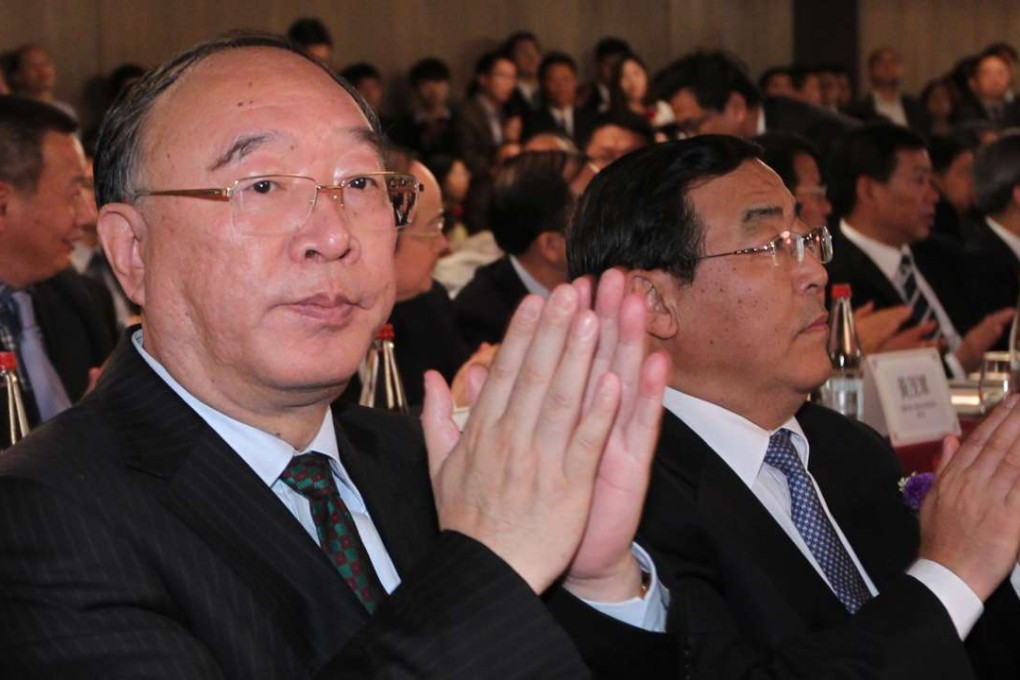Will Chongqing’s boom last after Huang Qifan quits as mayor?
Huang credited with helping to oversee rapid growth in the megacity which has topped China’s GDP expansion figures for over two years

Huang Qifan’s resignation as Chongqing’s mayor last week has raised questions over whether the economic model he engineered will continue and keep driving rapid growth.
Huang’s 15 years of service in the megacity earned him a reputation as a political survivor and a capable economic bureaucrat. It was Huang and his former boss Bo Xilai who created the “Chongqing model”, once seen as an example for growth for the rest of the country.
Domestic debate about the value of the model quietened after Bo was disgraced in 2012 and later sentenced to life in prison for graft and abuse of power. And even Huang did not draw attention to the model after Bo’s downfall.
But the city weathered the political storm and remained the envy of many local governments for its stellar economic performance. It topped all provinces and cities for economic growth in 2014, 2015 and in the first three quarters of last year.
Chongqing has also maintained relatively affordable housing over the past two years under Huang’s management.